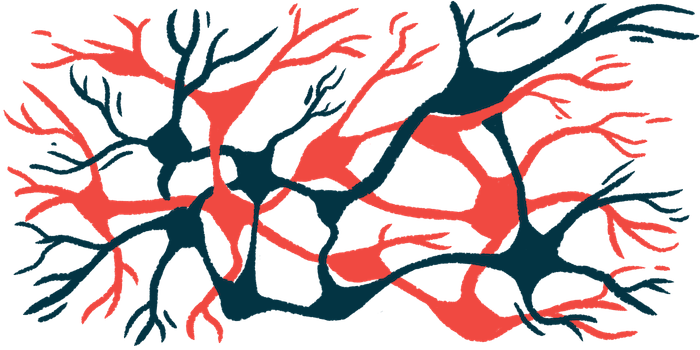bit.bio, MJFF to develop human cell products for research in Parkinson’s
Project-by-project funding from foundation will aim to speed drug discovery

bit.bio and The Michael J. Fox Foundation (MJFF) are teaming up in a multiyear effort to develop a range of human cell products for research and drug discovery in Parkinson’s disease.
Under the new collaboration agreement, the MJFF will fund specific research on a project-by-project basis, with bit.bio working to create human-derived cell products for the disease. The created products will offer researchers physiologically-relevant human cell models to aid in understanding Parkinson’s underlying mechanisms and for drug screening.
The first project — already agreed upon by both sides — will prioritize the discovery of transcription factor combinations to develop a relevant human cell model for Parkinson’s, and the progress of that cell type into a product for the research community. Transcription factors are like molecular switches that help control the activity of genes.
“This important collaboration with MJFF gives us the opportunity to accelerate the development and delivery of a series of human cell types and associated disease models to the [Parkinson’s disease] research community,” Mark Kotter, PhD, CEO at bit.bio, said in a company press release.
“The team here at bit.bio is already working to deliver the first cell product under the collaboration framework and we are delighted to join with MJFF on this essential path,” Kotter added.
New research tools ‘urgently’ needed in Parkinson’s, per MJFF
Parkinson’s disease is driven by the dysfunction and death of dopaminergic neurons, the nerve cells in the brain responsible for producing dopamine, a neurotransmitter needed for coordinating muscle movement. The loss of these neurons ultimately gives rise to the disease’s symptoms.
Most research in Parkinson’s right now is based on animal models and human dopaminergic neurons derived from induced pluripotent stem cells, or iPSCs, produced by directed differentiation protocols. These protocols are commonly lengthy, difficult to reproduce, and produce variable cell populations.
iPSCs are derived from either skin or blood cells that have been reprogrammed back into a stem cell-like state, which allows almost any type of human cell to be developed.
“Parkinson’s disease researchers urgently need accessible and well-characterized tools to improve our understanding of [the disease], and to help deliver therapeutic breakthroughs,” said Nicole K. Polinski, PhD, director of research resources at MJFF.
Therefore, there is a need to develop consistent human-derived cell models that researchers can use to study the cellular and molecular mechanisms underlying the loss of dopaminergic neurons. These models might contribute to further enhancing the knowledge of the disease’s processes.
Parkinson’s disease researchers urgently need accessible and well-characterized tools to improve our understanding of [the disease], and to help deliver therapeutic breakthroughs.
The collaboration leverages bit.bio’s discovery platform to identify the precise transcription factors that determine cell fate. At any moment in a cell, gene regulatory networks — interactions between genes — can be on and active, or inactive. Transcription factors tightly regulate this activity and define the function and identity of every cell.
The company, spun out of the University of Cambridge in 2016, uses genetic analysis and machine learning to analyze and predict outcomes from large amounts of data, and employs large-scale experimentation to find the proper combination of transcription factors for any human cell type.
Moreover, bit.bio’s opti-ox technology, a cellular reprogramming technology, quickly and efficiently turns iPSCs into any kind of human cell. It does so in one simple process that takes only a few days, and can be done on a large scale, according to the company.
“The consistency and scalability of bit.bio’s human cell products will provide a very important addition to the suite of tools we know to be necessary,” Polinski said.







